Section 5
Affirmative Action
By Boundless
The Supreme Court is the highest court in the United States and has ultimate jurisdiction over all courts that involve a contest of federal law.
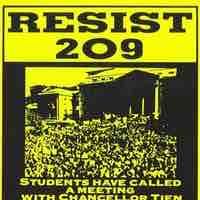
Affirmative action measures, particularly those pertaining to higher education, have been politically controversial in the United States.
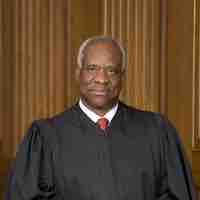
Opponents have tested affirmative action programs politically and legally through referendums and lawsuits since the 1970s.

The legal standard of strict scrutiny, the most stringent standard of judicial review, must be used in all court cases involving affirmative action.
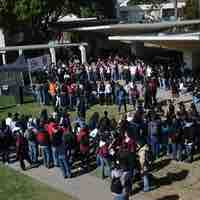
Debates over affirmative action center around the question of whether diversity in the classroom merits a program of state intervention.
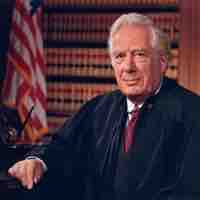
The first affirmative action case to come before the Supreme Court dealt with affirmative action in employment.
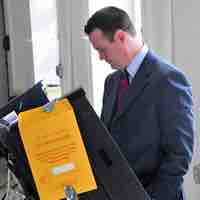
States and the federal government have argued about the appropriate implementation of affirmative action policies.
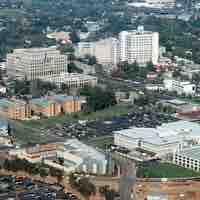
The 1978 Supreme Court case Bakke was the first case before the Court of affirmative action in higher education.
Since Bakke, the Supreme Court has been questioning the constitutionality of affirmative action programs.